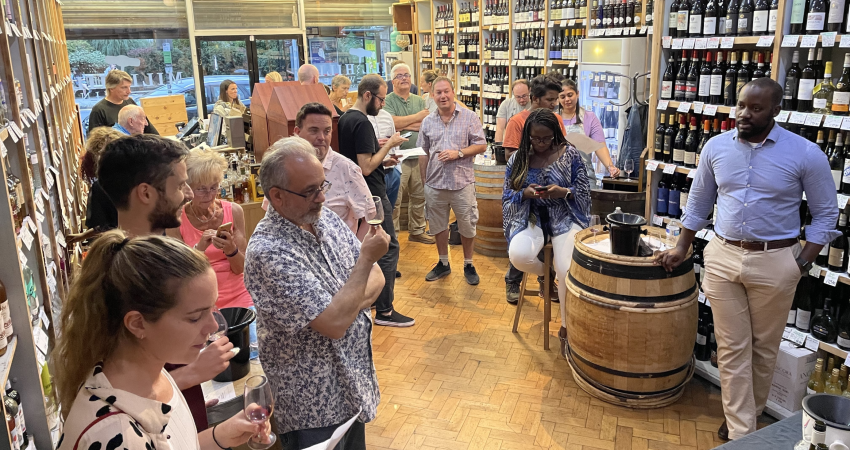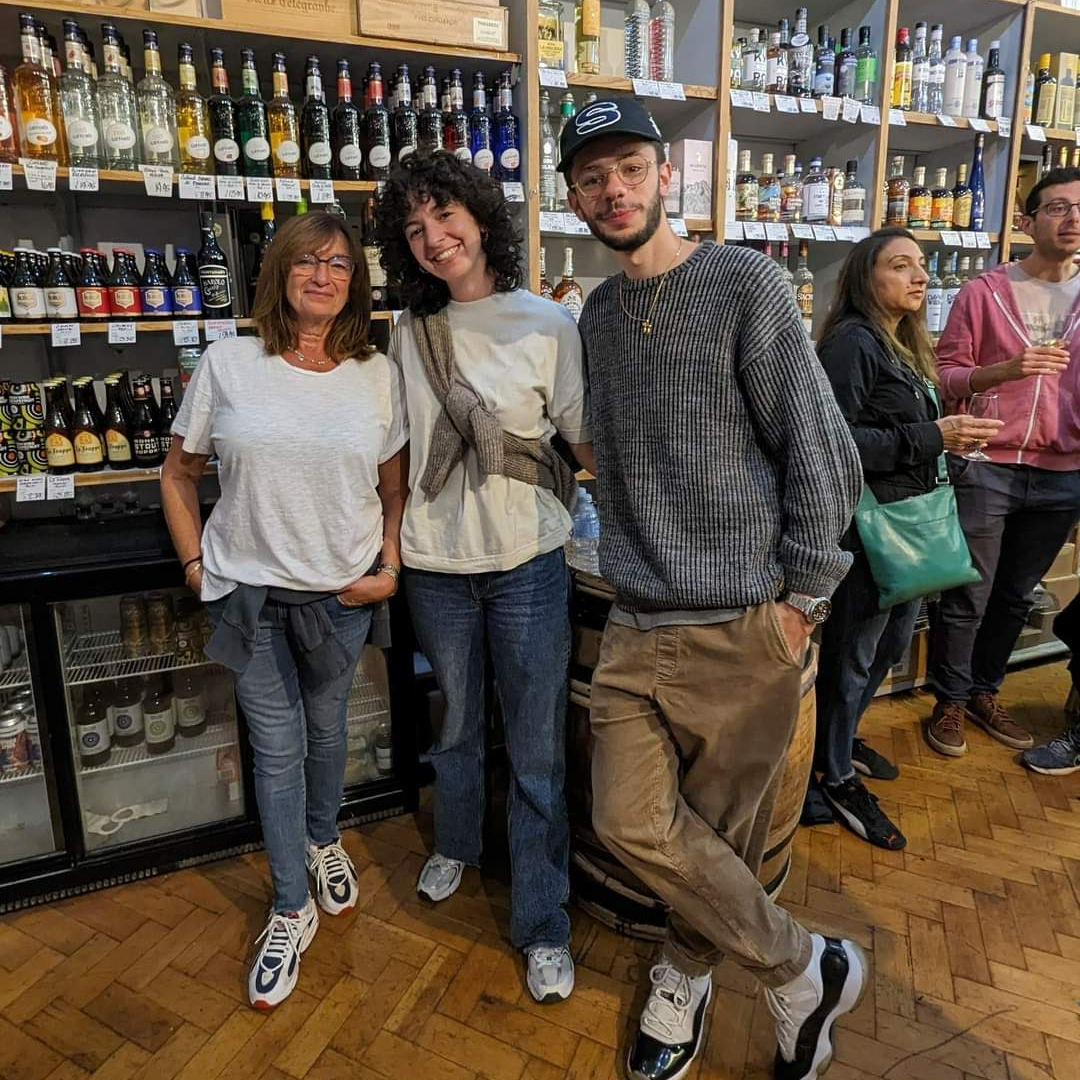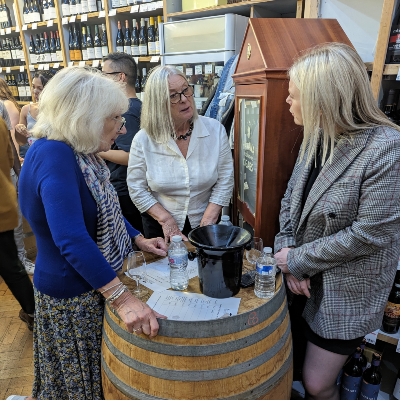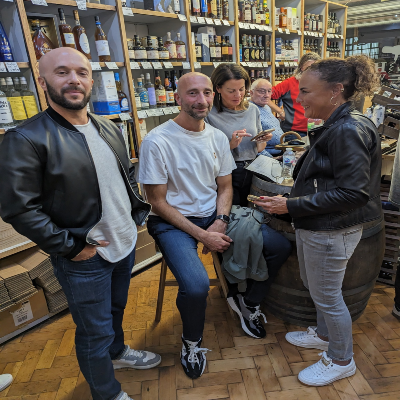We use cookies to make your experience better. To comply with the new e-Privacy directive, we need to ask for your consent to set the cookies. Learn more.

Mastering the art of wine tasting
Introduction to wine tasting
Wine tasting is a captivating experience that allows you to explore the intricate world of wines. It is not just about indulging in the flavours and aromas, but also about understanding the nuances that make each wine unique. Whether you are a beginner or an aspiring connoisseur, this guide will provide you with proven tips to help you master the art of wine tasting. So, grab a glass of your favourite wine and embark on this flavorful journey with me.
The importance of wine tasting
Wine tasting is not just a pleasurable pastime; it is an essential skill for anyone who appreciates and enjoys wine. By developing your wine tasting abilities, you can enhance your overall enjoyment of wine, broaden your palate and make informed decisions when purchasing wines. Wine tasting allows you to delve deeper into the complexities of wine, from its aroma and taste to its body and finish. It is a sensory experience that engages all your senses and awakens your appreciation for the art of winemaking.
How to taste wine like a pro
Tasting wine like a pro requires a systematic approach that engages all your senses. Start by visually examining the wine in your glass. Observe its colour, clarity, and viscosity. Swirl the wine gently to release its aromas and take a moment to inhale deeply. Identify the different aromas and try to associate them with familiar scents. Next, take a small sip and let the wine coat your palate. Pay attention to the flavours, acidity, and tannins. Finally, evaluate the wine's finish, which is the lingering taste that remains in your mouth after swallowing. By following these steps and practicing regularly, you can refine your wine tasting skills and develop a discerning palate.
Understanding the different components of wine tasting
To fully appreciate a wine, it is essential to understand the different components that contribute to its overall character. Aroma and bouquet are the first aspects you encounter when tasting wine. Aroma refers to the scents derived from the grapes and the winemaking process, while bouquet refers to the additional scents that develop as the wine ages. The taste of a wine is influenced by factors such as acidity, sweetness, and tannins. Acidity provides a refreshing and crisp sensation, while sweetness balances out the acidity. Tannins, found in red wines, create a drying and astringent sensation. The body of a wine refers to its weight and texture. It can range from light-bodied, such as a delicate white wine, to full-bodied, like a robust red wine. Lastly, the finish of a wine is the aftertaste that lingers in your mouth, reflecting its overall quality and complexity.
The art of wine pairing
Pairing wine with food is an art that can elevate both the flavours of the food and the wine. When it comes to wine pairing, there are no strict rules, but certain guidelines can enhance your dining experience. As a general rule, lighter wines pair well with lighter dishes, while fuller-bodied wines complement richer and more flavourful foods. For example, a crisp Sauvignon Blanc pairs beautifully with seafood, while a bold Cabernet Sauvignon enhances the flavours of a juicy steak. However, personal preferences and experimentation should also be considered when pairing wine and food. The key is to find a balance where the flavours of the food and wine harmonize, creating a delightful synergy on your palate.
Wine tasting tips for beginners
If you are new to wine tasting, here are some tips to help you navigate this exciting journey. Firstly, start with the basics and explore different wine varietals. Taste wines from various regions to understand the influence of terroir on the final product. Keep a tasting journal to record your impressions and preferences. This will help you track your progress and remember the wines you enjoyed. When attending wine tastings, don't be afraid to ask questions and engage with the experts. They can provide valuable insights and recommendations. Finally, trust your own palate. Wine tasting is a subjective experience, and your preferences may differ from others. Experiment, explore, and most importantly, savour the moment.
Common wine tasting mistakes to avoid
While wine tasting is a delightful experience, there are some common mistakes that beginners often make. Firstly, avoid wearing strong perfumes or aftershaves, as they can interfere with your ability to properly smell the wine. Don't rush the tasting process; take your time to fully appreciate each wine. It is also important to taste wines in the correct order, starting with lighter wines before moving on to heavier ones. Another mistake to avoid is overfilling your glass. A smaller pour allows you to swirl the wine and properly evaluate its aromas, you can always come back for more! Lastly, don't let price alone dictate your opinion of a wine. Expensive wines are not always superior, and some hidden gems can be found at more affordable price points.
Recommended wines for tasting
To enhance your wine tasting journey, here are some recommended wines to explore:
1. Chardonnay: A versatile white wine with flavours ranging from crisp and citrusy to buttery and oaky.
2. Pinot Noir: A light-bodied red wine with delicate flavors of red berries, earthiness, and a silky texture.
3. Cabernet Sauvignon: A full-bodied red wine with bold flavors of blackcurrant, dark chocolate, and firm tannins. 4. Riesling: A refreshing white wine with a balance of acidity and sweetness, often exhibiting vibrant floral and fruity notes.
5. Syrah/Shiraz: A bold red wine with flavors of blackberry, pepper, and smoky undertones.
6. Sauvignon Blanc: A light, crisp white with a flavours ranging from tropical to orchard fruits.
Wine tasting events and experiences
To further immerse yourself in the world of wine tasting, consider attending one of our wine tasting events. These events feature a selection of wines from different regions and provide an opportunity to interact with experts, wine-makers and fellow wine enthusiasts.
Wine tours and vineyard visits can also offer a unique and educational experience, allowing you to witness the winemaking process firsthand and taste wines directly from the source. Whether it's a tasting or a trip to a renowned wine region, these events and experiences can and will enrich your knowledge and passion for wine.
Conclusion
Mastering the art of wine tasting is an ongoing journey that requires patience, practice, and an open mind. By following the proven tips outlined in this guide, you can develop your tasting skills, expand your wine knowledge, and cultivate a deeper appreciation for the complexities of wine. Remember, wine tasting is not just about the flavours and aromas; it is a sensory experience that engages all your senses. So, raise your glass, toast to the joys of wine, and embark on this flavourful adventure with confidence and enthusiasm.













